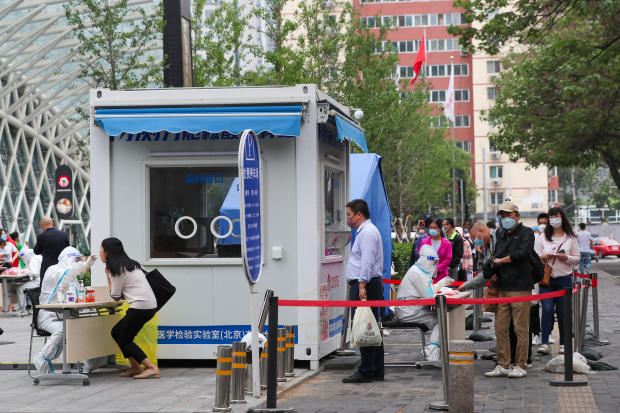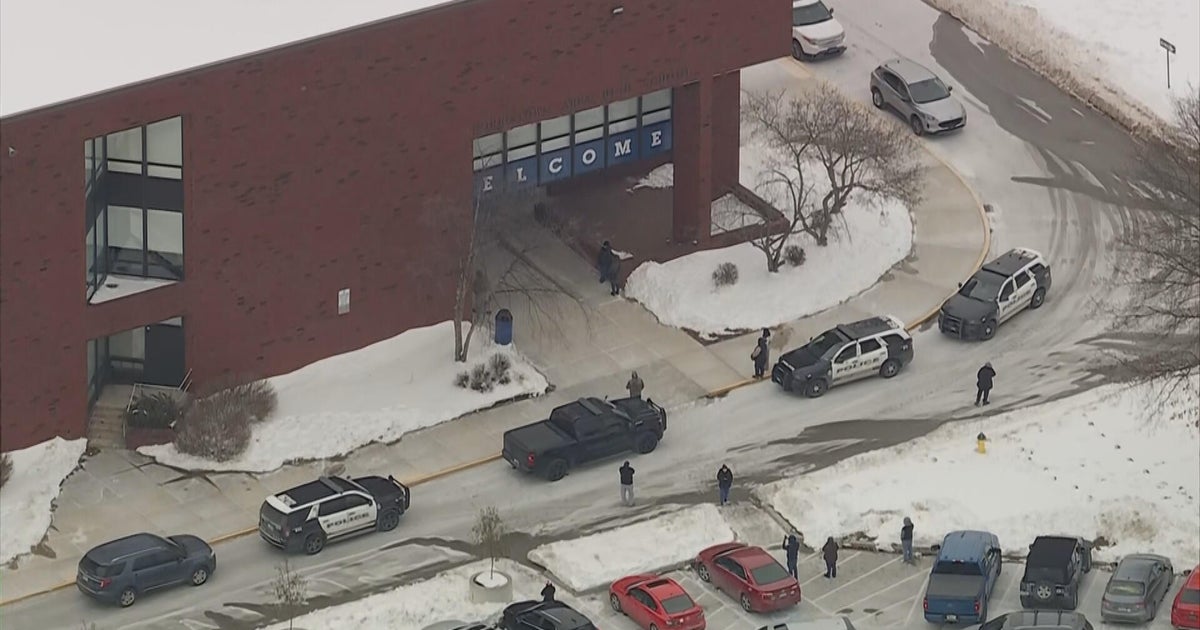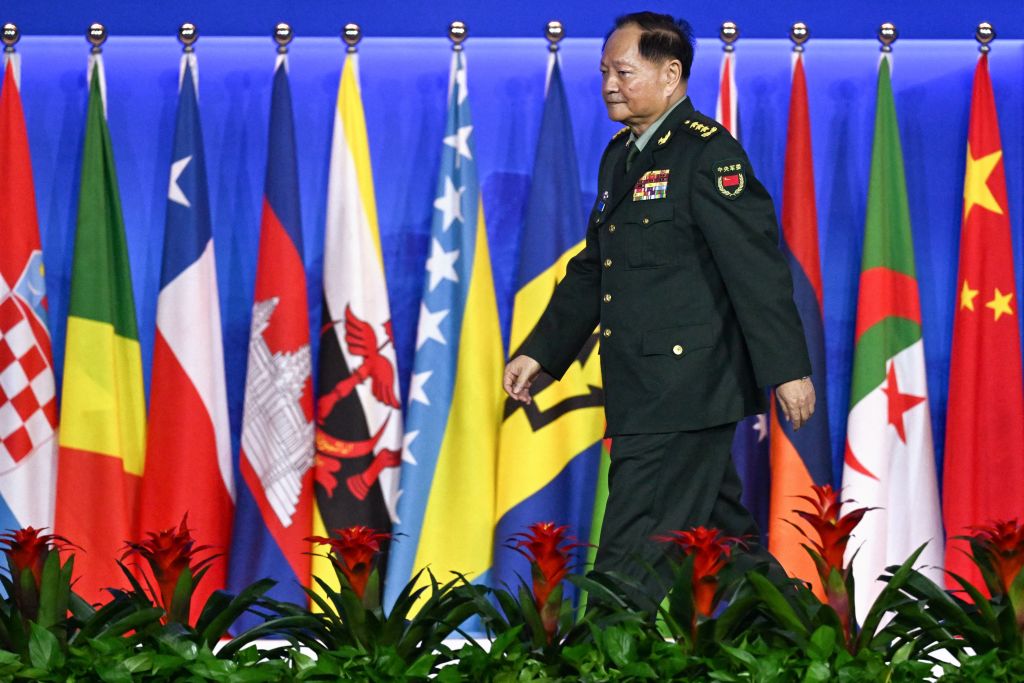Beijing residents partied after dodging a COVID lockdown. The celebrations caused an outbreak, prompting new lockdowns.
Just over a week ago, residents of the China's capital flocked to bars and restaurants to celebrate. There were two reasons to raise a glass. The first was the return of normal life after a patchwork of anti-coronavirus lockdowns kept businesses closed and confined many people to their homes for months. The second was their narrow escape.
Beijingers had dodged the kind of massive lockdown that Chinese authorities imposed on Shanghai, paralyzing the global business hub for two months and leaving some 25 million people trapped at home.
But it turned out the celebrations were premature.
Beijing's COVID-19 restrictions were lifted at midnight on June 6. Joyous crowds — unmasked — flooded into bars, including one called "Heaven" in the nightlife district of prosperous Chaoyang.
"Heaven" was known for its inexpensive drinks. It's now also known as ground-zero of Beijing's second wave of COVID infections.
Six days after party night, the outbreak that started in the club had grown to 287 cases, which is alarming by Chinese standards. It's prompted a fast U-turn by Beijing authorities: They not only shut down dozens of bars and hundreds of restaurants in the vicinity, but all entertainment venues including karaoke bars and mahjong houses.
Local government health workers traced and ordered into isolation all those who were out partying near the initial Chaoyang outbreak, as well as thousands of their close contacts — and even thousands of the contacts' contacts. Some of them have ended up under strict quarantine, with their entire buildings and everyone in them sealed off.
Surprise lightning lockdowns continue to pop up in the capital. Tom Cheshire of U.K.-based Sky News tweeted on Tuesday that he was suddenly confined to his gym in Beijing because a COVID-19 case had visited the building.
Authorities in Chaoyang launched a three-day mass testing program to screen 3.5 million people. It's all part of the so-called dynamic zero-COVID approach endorsed by China's President Xi Jinping, which aims to catch and isolate every single positive case in an affected area.
This mass testing looks set to continue, even as the rest of the world tries to move beyond the pandemic with many governments lifting anti-COVID restrictions.
Chinese financial services company Soochow Securities released an estimate over the weekend that 10.8 billion COVID-19 tests will have been carried out in China between April and the end of June, at a cost of 174.6 billion yuan. That's $26 billion.
Ironically, China paying domestic companies for all those tests is expected to boost the nation's economic growth rate in the second quarter, and offset the slowdown caused by shrinking consumption.





